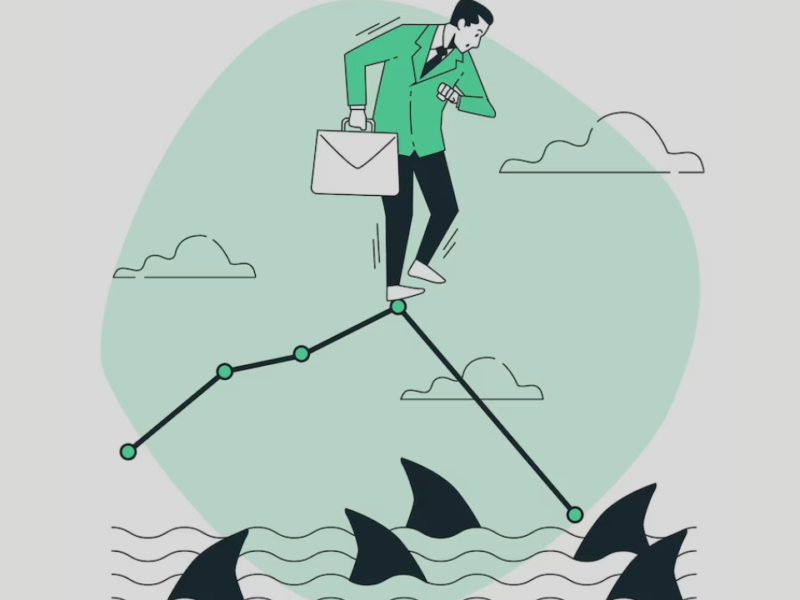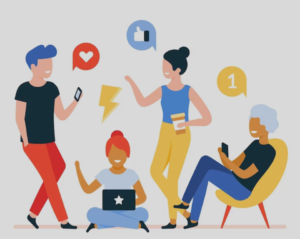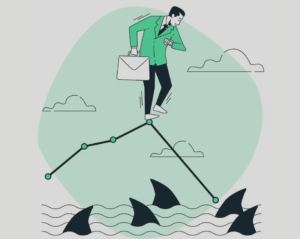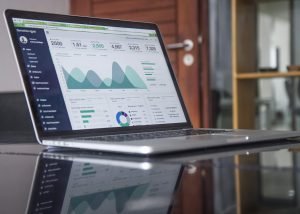Social listening for crisis management is a valuable tool that can assist organizations in detecting and preventing crises, engaging with stakeholders, evaluating performance and reputation, effectively responding to crises, and gaining market insights and competitive intelligence.We can identify emerging issues, complaints, risks, and opportunities by tracking relevant keywords, hashtags, mentions, sentiments, and trends. This allows us to proactively address potential problems before they escalate into full-blown crises and provide timely and effective responses when necessary.We believe that social listening is essential to any crisis management strategy. However, we also recognize the challenges that organizations may face when implementing it. That’s why we aim to provide comprehensive guidance and support to help our clients successfully integrate social listening into their crisis management plans.Through case studies and practical advice, we demonstrate the benefits of social listening for crisis management, including how it can help improve performance, reputation, and stakeholder engagement. In this whitepaper, we also provide step-by-step guidance on how to start and manage a social listening program for crisis management.Watch out: 6 Social Listening Trends 2023 To Stay Ahead Of The Game
Benefits of Social Listening for Crisis Management
Social listening is a powerful tool for crisis management. By monitoring social media channels in real-time, companies can quickly detect and respond to potential crises before they escalate. In this section of the blog, we will explore the benefits of social listening for crisis management. We will discuss how social listening can help companies detect early warning signs of a potential crisis, understand the impact of a PR crisis, and take necessary and purposeful actions to protect and mend their brand’s reputation.- Detect and Prevent Crises
- Communicate and Engage with Stakeholders
- Evaluate and Improve Performance and Reputation
- Crisis Response and Management
- Competitive Intelligence and Market Insights
Challenges of Social Listening for Crisis Management
While social listening is a powerful crisis management tool, it has its challenges. In this section, we will explore some of the common challenges that companies face when using social listening for crisis management.- The volume of data: One of the biggest challenges of social listening is the sheer volume of data that needs to be monitored and analyzed. With millions of social media posts being published every day, it can be difficult for companies to keep up with the constant stream of information.
- Identifying relevant information: Another challenge of social listening is identifying relevant information. With so much data available, it can be difficult for companies to determine which conversations are relevant to their brand and which ones can be safely ignored.
- Responding in real-time: In a crisis situation, time is of the essence. Companies need to be able to respond quickly and effectively to potential crises. However, this can be challenging when using social listening, as it takes time to monitor and analyze the data.
- Maintaining a consistent brand voice: When responding to a crisis, it is important for companies to maintain a consistent brand voice. However, this can be challenging when using social listening, as different team members may be responsible for monitoring and responding to different social media channels.
Case Studies of Companies That Successfully Used Social Listening for Crisis Management
In this section, we will delve into real-life examples of companies that have successfully implemented social listening for crisis management. These case studies will provide insight into how social listening can be used to avert potentially damaging situations, engage with stakeholders, and improve reputation and performance. By examining the experiences of these companies, we can gain a better understanding of the benefits and challenges of social listening.- Nike:
- Deutsche Telekom:
- Southwest Airlines:
Getting Started with Social Listening for Crisis Management
Steps for Implementing a social listening program
- Define your goals: It is crucial for a company to clearly define what they want to achieve with social listening. Are they looking to detect early warning signs of a potential crisis, understand the impact of a PR crisis, or take necessary actions to protect and mend their brand’s reputation?
- Choose the right tools: There are many social listening tools available on the market, each with its own strengths and weaknesses. A company should choose a tool that meets its needs and fits its budget.
- Set up alerts and notifications: A company should set up alerts and notifications so that they are immediately notified when there is a potential crisis.
- Monitor relevant keywords and hashtags: A company should monitor relevant keywords and hashtags related to its brand, industry, and competitors.
- Analyze the data: A company should use the data collected by its social listening tool to analyze trends, sentiments, and conversations.
Best practices for social listening for crisis management
- Respond quickly: The faster a company responds to a potential crisis, the better its chances of containing it.
- Be transparent: A company should be open and honest in its communications with customers and stakeholders.
- Monitor multiple channels: A company should monitor multiple social media channels to get a complete picture of the situation.
- Train your team: A company should make sure that its team is trained on how to use social listening tools and how to respond to potential crises.
Common pitfalls to avoid when using social listening for crisis management
- Ignoring negative feedback: A company should not ignore negative feedback. Instead, they should use it as an opportunity to improve.
- Overreacting: A company should not overreact to a potential crisis. They should take a measured approach and respond appropriately.
- Failing to follow up: A company should not forget to follow up after a crisis has been resolved. They should ensure that they have addressed all concerns and that the situation has been fully resolved.











